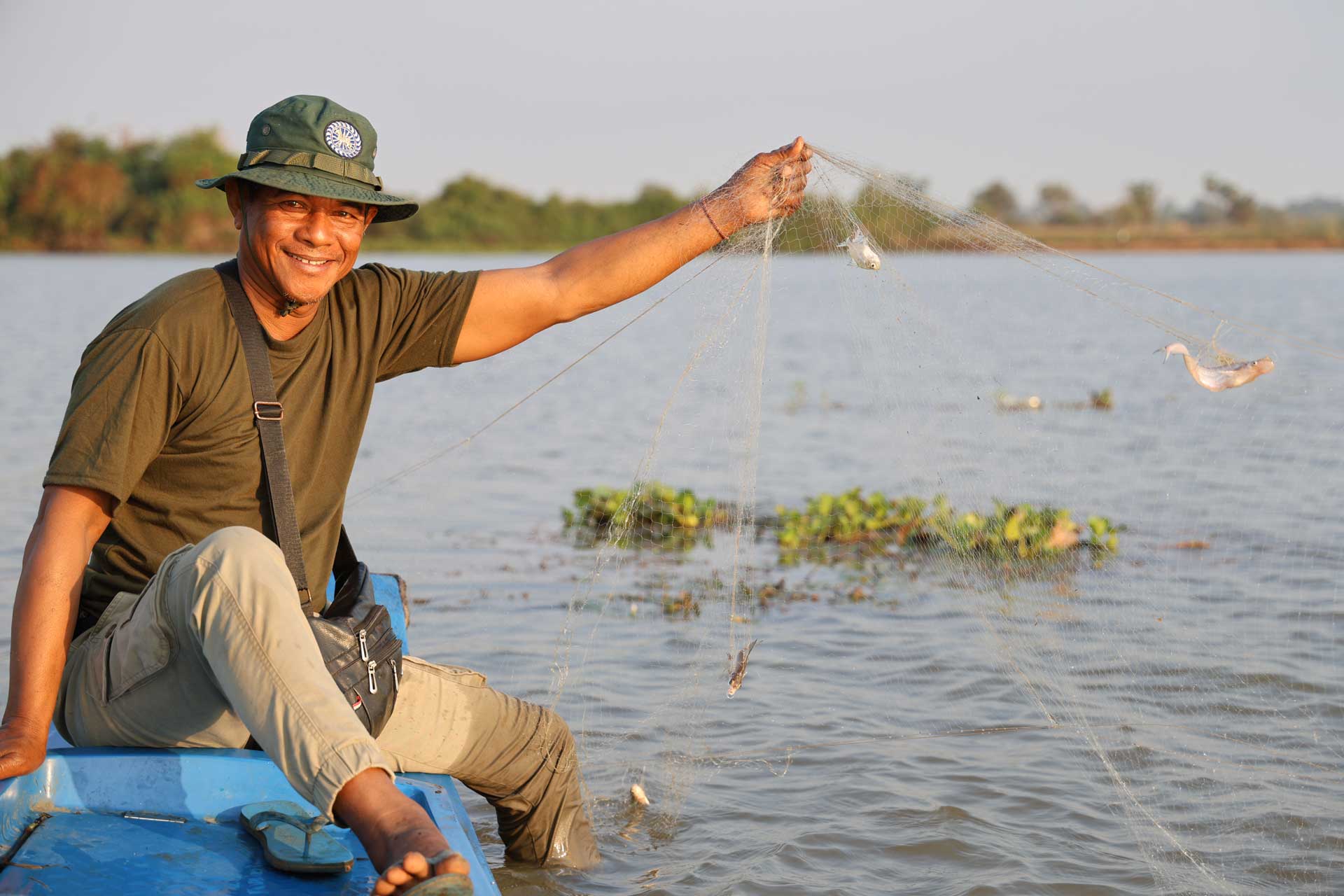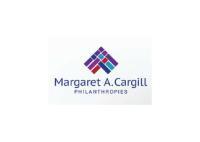The Mekong Fisheries Conservation II project uses a unique village-led research and education approach. This project focuses on raising awareness, capacity building and providing communities and community supporting agencies with tools to improve natural resource management and incorporate the fish ecology in their management planning process. It identifies and promotes best practices, and partnership and network building between representatives from government, civil society, local resource users and the scientific community. Thanks to WorldFish’s support, community-based organizations have an improved understanding of fish ecology, and application of ecosystem approach to fisheries management. With the project community-based learning hubs are being established in two provinces on the Mekong and a province on Tonle Sap. The hubs empower villagers and partners to exchange knowledge within and between the communities of their success and good practices in sustainable fisheries management. Improved community engagement and fisheries resource management have been reported as a result of the project.
The project outcomes include:
- Use of fish ecology concepts in fisheries management considered standard practice and 30% of community fisheries (CFi/s/CFRs) effectively and sustainably implemented fisheries management best practices that conserve biodiversity of the Mekong River system while strengthening fisheries-based livelihoods.
- 50% of fish species of conservation concern recognized and incorporated into the management plans of CFis/CFRs, and are prioritized in the fisheries management activities of all stakeholders.
- At least 30% of CFis and CFRs reported significant recovery of fisheries resources in their respective management areas as a result of targeted conservation and management measures.

Project objectives:
- Develop practical skills of local government entities and civil society groups to integrate ecological knowledge into management plan
- Establish learning hub and provide them with best practices demonstration of technical knowledge and skills
- Explore and socialise opportunities for cooperative fisheries practices
- Investigate and socialise opportunities for enhanced income generation within the fisheries value chain and
- Make available results, lessons and new knowledge for use nationally and globally.
Key Milestone
- Fishery Management: 10 local government entities and civil society groups will have practical skills on fish ecology for management. Support 20 CFis/CFRs in developing sustainable plans with Ecosystem Approach to Fisheries Management.
- Learning Hubs: Establish 4 learning hubs to share best practices in fisheries management.
- Cooperative Catch Share: Explore and promote cooperative fishing practices in 2 communities for financial and ecological benefits.
- Income Generation: Explore and promote income generation activities within the fishery value chain in 2 communities to increase income without overfishing.
Partners
- The Culture and Environment Preservation Association - CEPA
- 3S Rivers Protection Network - 3SPN
- My Village - MVi
- Trailblazer Cambodia Organization -TCO
- Village Support Group -VSG
- Fisheries Administration Cantonment -FiAC
- Fisheries Administration -FiA
Region
Stung Treng, Rattanakiri, Siem Reap and Battambang provinces, Cambodia
Team Leader
- Kosal MAM
Team member
- Raksa SOK
- Vathanak SUN
- Vichet SEAN




